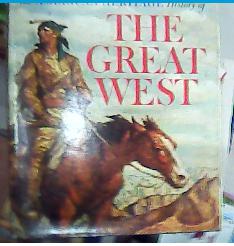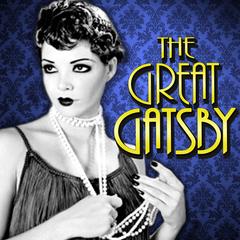
Saint Pope Leo the Great: A Multidimensional Introduction
Saint Pope Leo the Great, known for his profound influence on the Roman Catholic Church and his pivotal role in shaping Christian doctrine, remains a figure of immense historical significance. Born in 400 AD, Leo’s life was marked by his unwavering dedication to the faith and his remarkable leadership during a tumultuous period in the Church’s history.
Early Life and Ascension to the Papacy

Leo was born in Tuscany, Italy, into a noble family. His early education was rigorous, and he was well-versed in both classical and Christian literature. After serving as a deacon and priest in Rome, Leo was elected Pope in 440 AD. His papacy, which spanned 23 years, was marked by his efforts to unite the Church and combat heresies.
The Council of Chalcedon

One of Leo’s most significant contributions to the Church was his role in the Council of Chalcedon in 451 AD. This council addressed the growing controversy over the nature of Christ, particularly the relationship between his divine and human natures. Leo’s Tome, a theological treatise, played a crucial role in defining the Chalcedonian Creed, which became the cornerstone of Orthodox Christian doctrine.
| Year | Event | Significance |
|---|---|---|
| 440 AD | Leo elected Pope | Marked the beginning of his papacy |
| 451 AD | Participation in the Council of Chalcedon | Played a crucial role in defining the Chalcedonian Creed |
| 452 AD | Leo’s Tome issued | Provided theological foundation for the Council of Chalcedon |
Leo’s Struggle Against Heresies

Throughout his papacy, Leo faced numerous heresies, including Monophysitism, which denied Christ’s two natures. He was particularly successful in combating this heresy through his theological writings and his efforts to unite the Eastern and Western Churches. Leo’s stance against heresies earned him the title “Great,” as he was seen as a bulwark against false doctrine.
Leo’s Legacy
Saint Pope Leo the Great’s legacy is multifaceted. He is celebrated for his theological contributions, his efforts to unite the Church, and his unwavering dedication to the faith. Leo’s influence can still be seen today in the Roman Catholic Church, particularly in the areas of liturgy, doctrine, and papal authority. His feast day is celebrated on November 10th, and he is venerated as a saint and a doctor of the Church.
Leo’s life and papacy were marked by his deep commitment to the Church and his unwavering belief in the truth of the faith. His ability to navigate the complexities of his time and his contributions to Christian doctrine have cemented his place as one of the most influential figures in the history of the Roman Catholic Church.






